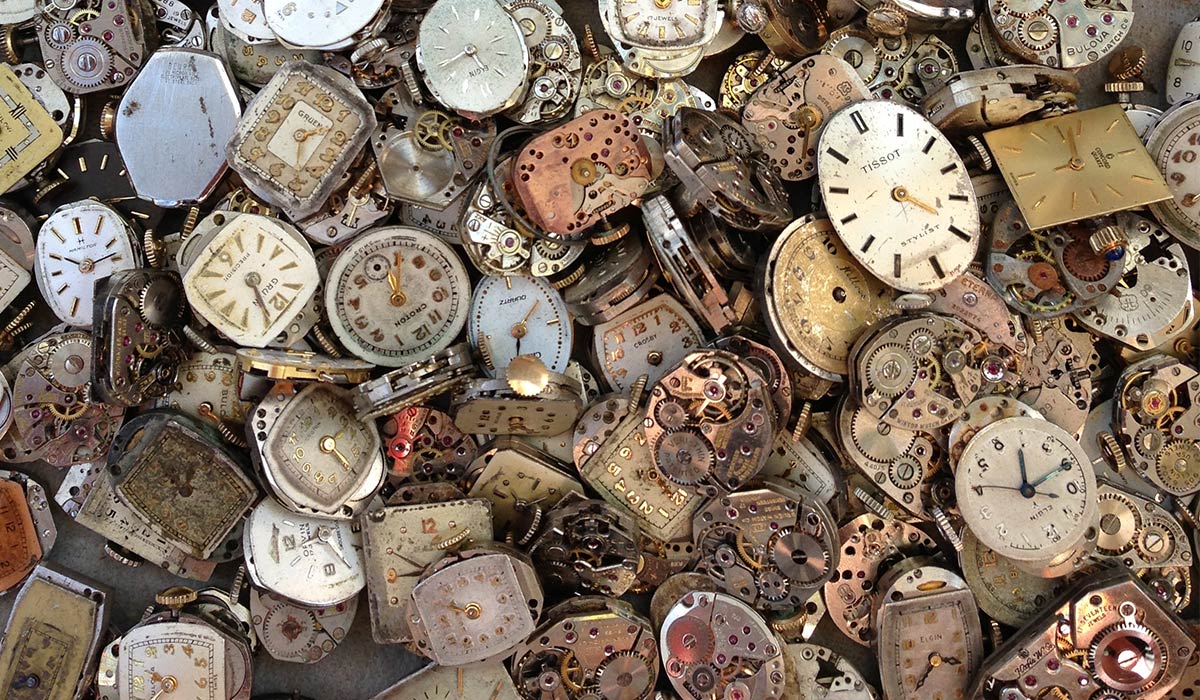Time to Dare

Breakthroughs in trauma science are confirming what many of us have long known in our bodies: the wounds and wonders of past generations are woven into our very DNA. Deep in a realm beyond language, we know something of the traumas and triumphs experienced by our forebears. Here, Becky Allender writes about her own sense of ferocity and resilience, and the willingness to dare, reflecting on how it is connected to the stories of her parents and grandparents that still reside in her. This post originally appeared on Red Tent Living.
My husband held me back with a force he used as a defensive lineman in high school. His face was intense and I didn’t care. Our next-door neighbor was screaming at me, and his words lit me up like a prairie fire. As quiet and kind as I can be, this man evoked a rage in me that my family and friends seldom see.
It all began over calling the police to deal with his daughter’s boyfriend, who had crashed into our friend’s car. He swore he would pay for the repair and our friend’s insurance company said she had to have a police report. Our friend went with the insurance company rather than our neighbor’s promise. When the policeman arrived, the fireworks began.
Dan held me back from an escalating brawl and a likely arrest, but at the moment, I didn’t care. I come from a stock of Texas bred, frontier women—once you cross a deep invisible line, I roar.
The scientific findings of epigenetic research show that early life stress, addictions, anxiety, depression, and fear conditioning are passed down up to two generations.* I can’t help but ponder the lives of my mother, grandmother, and great-grandmother.
Early life stress, addictions, anxiety, depression, and fear conditioning are passed down up to two generations.
My great-grandmother lived through hearing about Texas Indian raids. My grandmother became a young widow during the Great Depression. My mother, as a teenager, was expected to raise her brothers while her mother traveled throughout the county as a social worker.
My great-grandfather, grandfather, father all began doing adult male jobs at age 10. My father had morning and afternoon paper routes from when he was 10 through his teenage years. My grandfather told me about their next-door neighbor who asked him if he could have Paul’s paper routes. The Great Depression was rightfully named, and my grandfather had to say no to his request. After high school my father hitchhiked to California and began working for Lockheed Martin building airplanes. The company discouraged the men from enlisting, because our country desperately needed those planes to be built for the war.
My father eventually chose to enlist in the Navy and served on two destroyers and then on minesweepers in the Mediterranean Sea. Once his minesweeper was hit by enemy fire and was engulfed in flames. The whole crew jumped ship while my dad raced to save the radio. He was the last remaining person on board. His lieutenant shouted directions for how he could climb above as the ship was sinking! My dad listened to the instructions and did as he was told and was able to jump off through flames to safety, valiantly holding the radio over his head.
It is correct to say that their trauma and resilience was genetically passed to me. There is much harm that has been passed through our DNA, contributing to the unique struggles we each face. But there is also tenacity, resilience, and chutzpah that is part of our capacity to dare our world to be different.
Tom Brokaw has called my father’s era the Greatest Generation. They faced hardship and danger that was unique to the world, but I shy from saying they were the ‘greatest.’ How about the Dough Boys who fought in WWI? Or the men and women who fought valiantly in Korea? What do we say about the civil rights generation that upended Jim Crow and segregation laws? I laud the courageous feminists who named rape and sexual abuse in the late ‘60s.
In naming one generation great, we lose sight that we have been written for this day by our Author God. God has written us to wear the sorrow of the past as a defiant flag to dare our world not to repeat the same madness again.
What is your traumatized DNA stock that enables you to say, “Hell no, not on my watch?”
One way to discover that is to ask where your heart breaks and your hands ball into a fist. Every time I see an African-American stopped, questioned, threatened, or harmed for merely being black, I light up like a burning bush. Every time I read of another woman taunted, preyed upon, and sexually violated my body rises like a Viking warrior. Dare I jump into a burning ocean after my wooden minesweeper has been shot out from under me? Heaven, yes.
*Rachel Yehuda and Michael J. Meaney, “Relevance of Psychological Symptoms in Pregnancy to Intergenerational Effects of Preconception Trauma”, October 10, 2017 http://doi.org/10.1016/j.biopsych. Biological Psychiatry Vol. 83 Issue 15 Jan. 2018 Pages 94-96.
